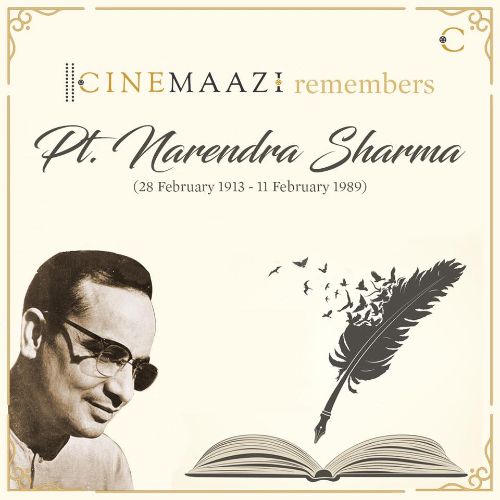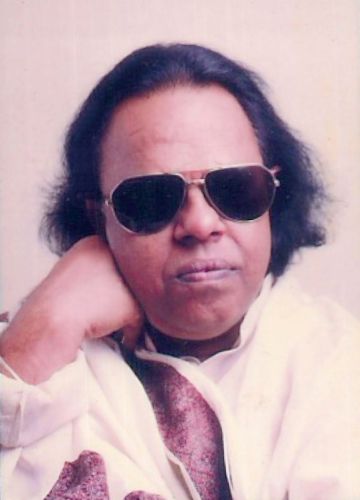Himanshu Rai

Subscribe to read full article
This section is for paid subscribers only. Our subscription is only $37/- for one full year.
You get unlimited access to all paid section and features on the website with this subscription.
Not ready for a full subscription?
You can access this article for $2 , and have it saved to your account for one year.
- Died: 16 May 1940 (Bombay)
- Primary Cinema: Hindi
- Spouse: Devika Rani , Mary Hainlin
- Children: Nilima
Born in an affluent Bengali family in Cuttack in the last decade of the 19th century, Himanshu Rai did his schooling in Shantiniketan, followed by an education in law in Calcutta. While he was in London as a young aspiring barrister, a chance meeting with the playwright and theatre personality Niranjan Pal sparked his interest in acting and filmmaking.
Interested in improving the standards of film making in India, Rai tried to convince some English film studios to help him make a movie on one of Pal’s scripts based on the life of Lord Buddha. When he was rebuffed by them, he went to Munich, Germany and convinced Emelka Studios to co-produce his expansive venture, The Light of Asia (1925). The team at Emelka agreed and so The Light of Asia / Prem Sanyas was made on a large scale – shot entirely in India, with an Indian cast. Rai played the role of Gautama Buddha, footed the production costs and provided the actors and crew. Following the success of this production, Himanshu Rai collaborated with various film makers and made some more movies, namely Shiraz and A Throw of Dice (Prapancha Pash). For all of these films, he collaborated with the German director Franz Osten.
At this time, Rai met Devika Rani, reportedly at Niranjan Pal’s residence in London, and fell in love with her. Abandoning his marriage to the German Mary Hainlin and their young daughter, Rai married Devika Rani in 1929. It was after his marriage that Rai made India’s first English-Hindi film, Karma (1933). While the movie won rave reviews in the West, it did not do very well with the Indian audience.
A visionary whose dream was to make sophisticated, high-quality movies, Rai moved back to India after 1933 and started his dream venture – his own studio – a year later. Bombay Talkies, a public limited film company, was launched in 1934, with funding from elite industrialists. Approaching Emelka for some help regarding the sourcing of the latest studio equipment, he requested Franz Osten and Josef Wirshing to join him. Franz Osten became a director with the Bombay Talkies while Josef Wirshing came on board as the chief cameraman.
Quitting acting, Rai focused on bringing out quality movies such as Acchut Kanya (1936), Savitri (1937), Jeevan Naiya(1936), Bhabi (1938) and Durga (1939). Niranjan Pal had also come on board as the main screenwriter for Bombay Talkies. It is to their credit that Hindi cinema started using a mix of simple Hindustani and Urdu in its scripts. Himself a Bengali, Rai is said to have removed any line from the script if he could not understand it. Devika Rani played a huge role both in the company and in these films – as an actress (till about 1939), following which Leela Chitnis took over.
Himanshu Rai and Devika Rani also started a training programme wherein they trained various students from Indian universities in different aspects of film making. Built along the lines of the MGM Studio, Bombay Talkies focused on the technical quality of the production and had facilities for sound, recording, editing and other aspects.
The outbreak of the second World War in 1939 proved to be disastrous for Bombay Talkies and Himanshu Rai. Franz Osten and the rest of the Germans were arrested by the British, and their films did not prove to be very popular. Overworked, Rai suffered a massive nervous breakdown from which he could not recover.
He died on 16 May 1940, at a relatively young age, leaving behind an unmatched legacy of bringing technical finesse to the world of early Indian cinema.
-
Filmography (1)
SortRole
-
Jeevan Prabhat 1937
-








.jpg)



